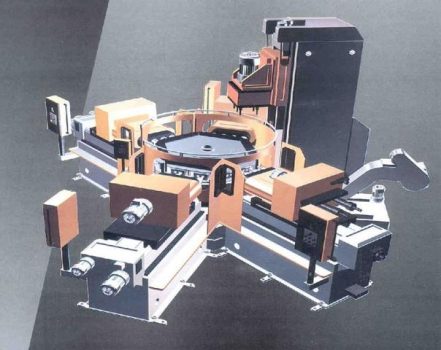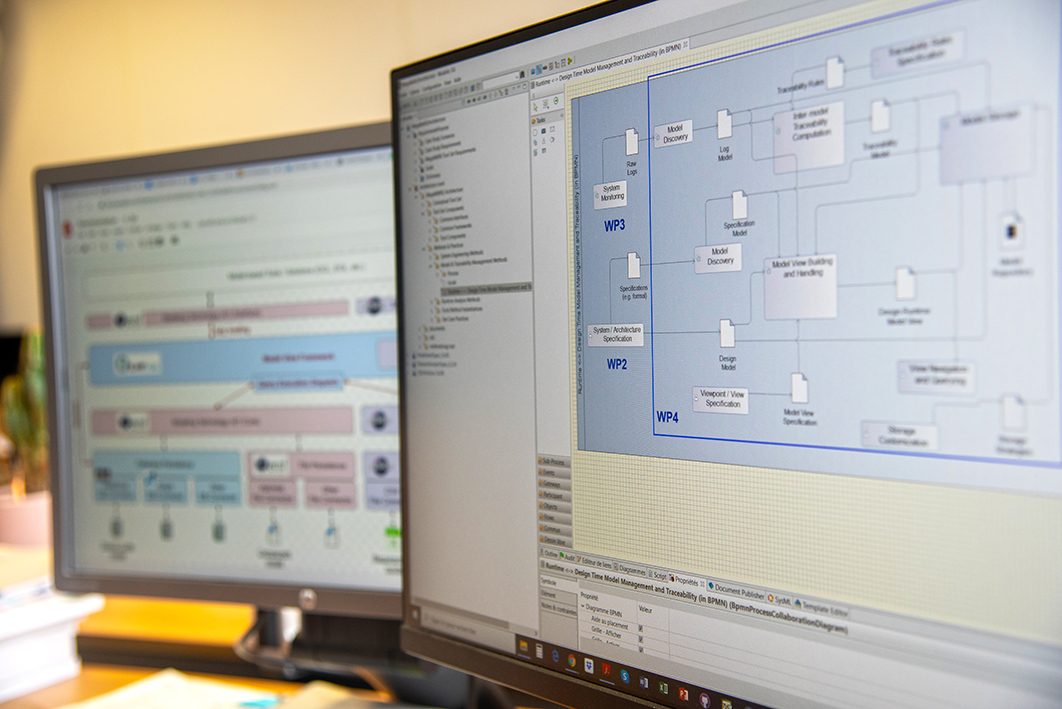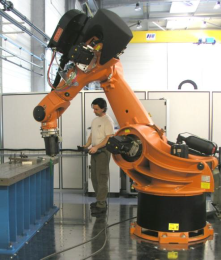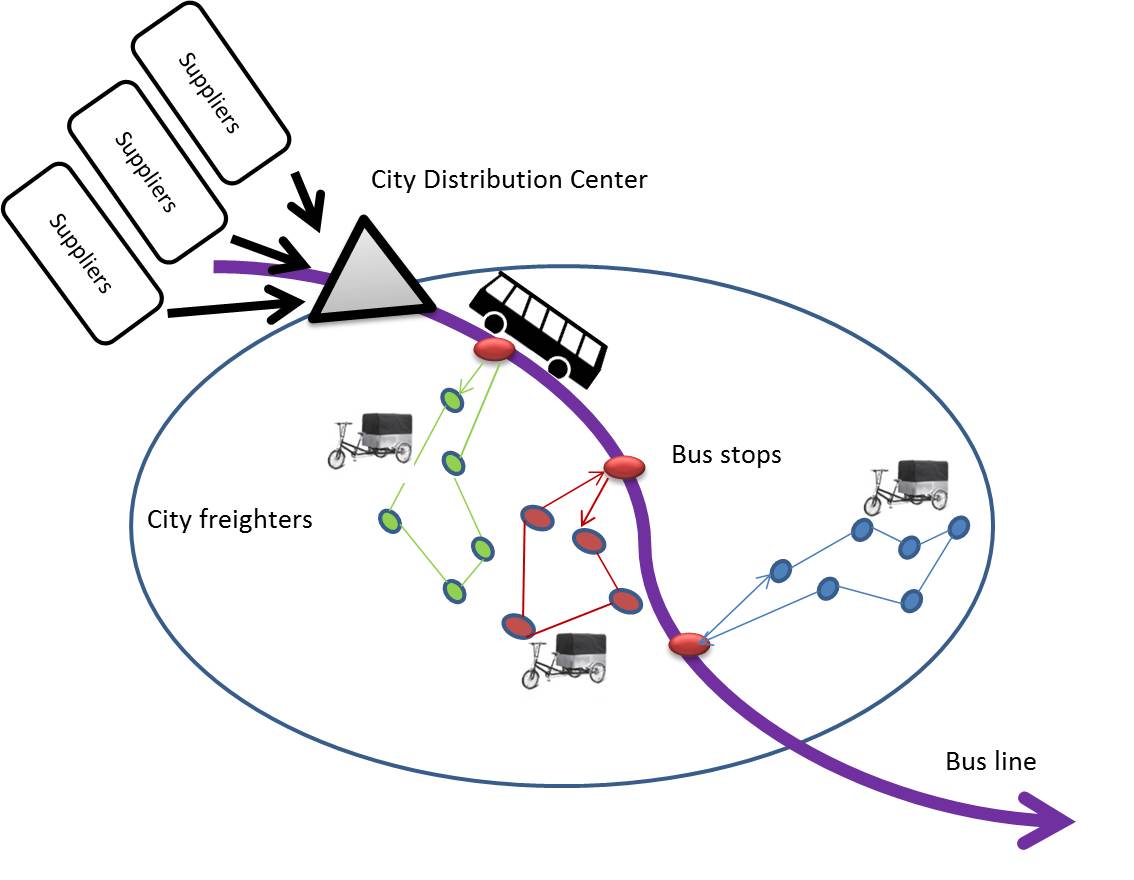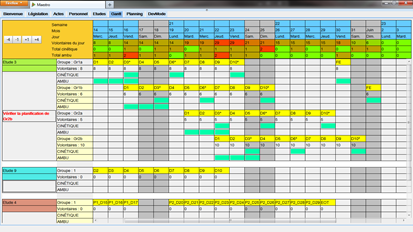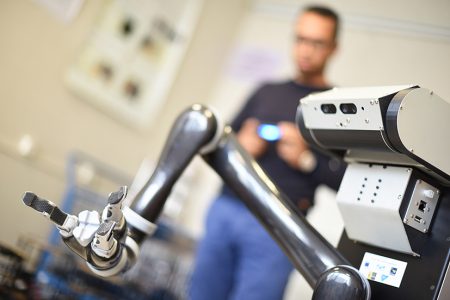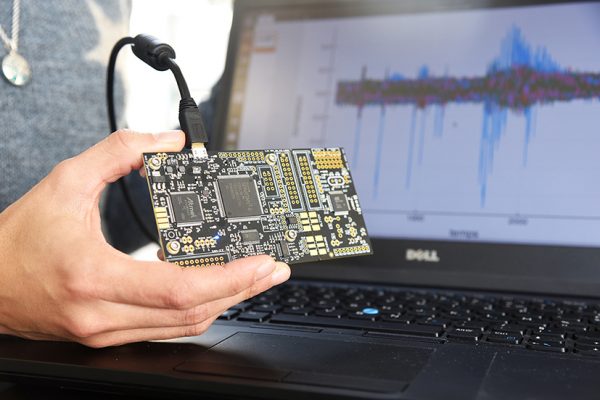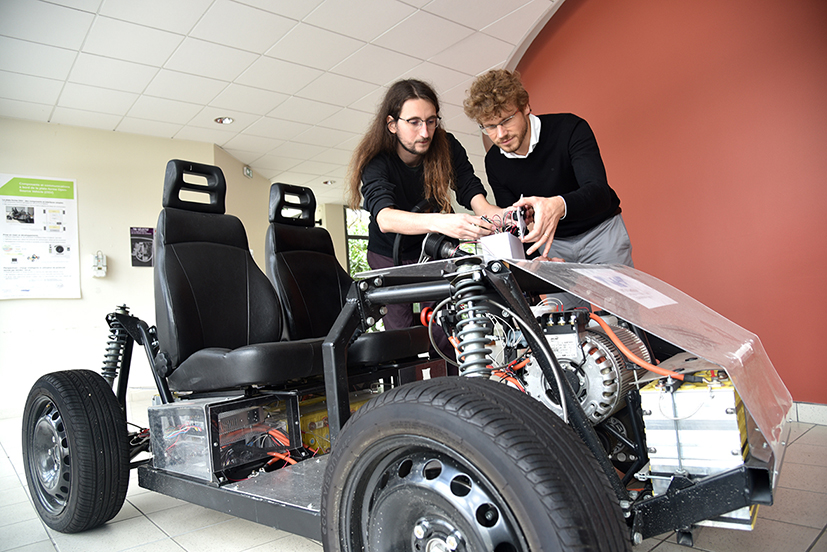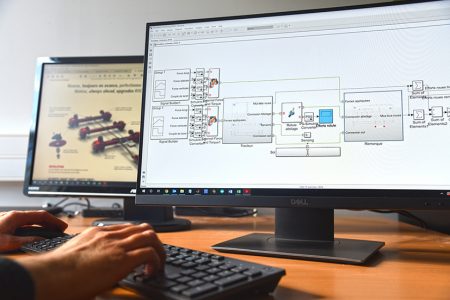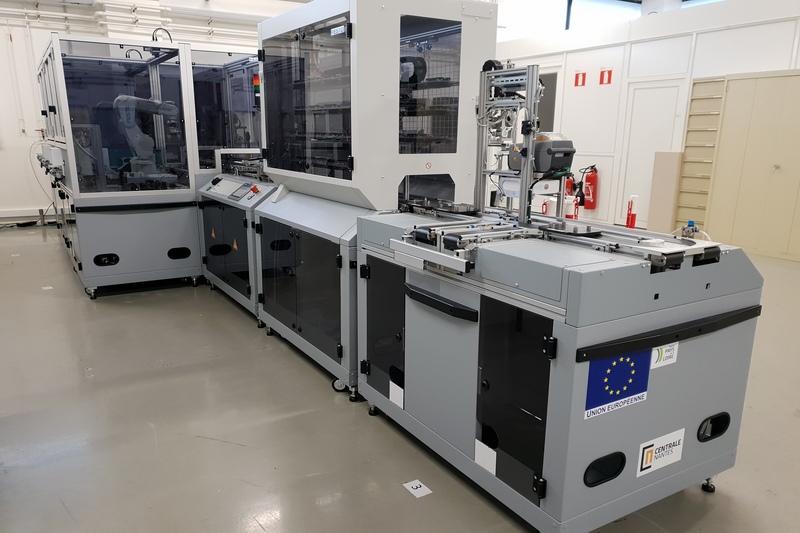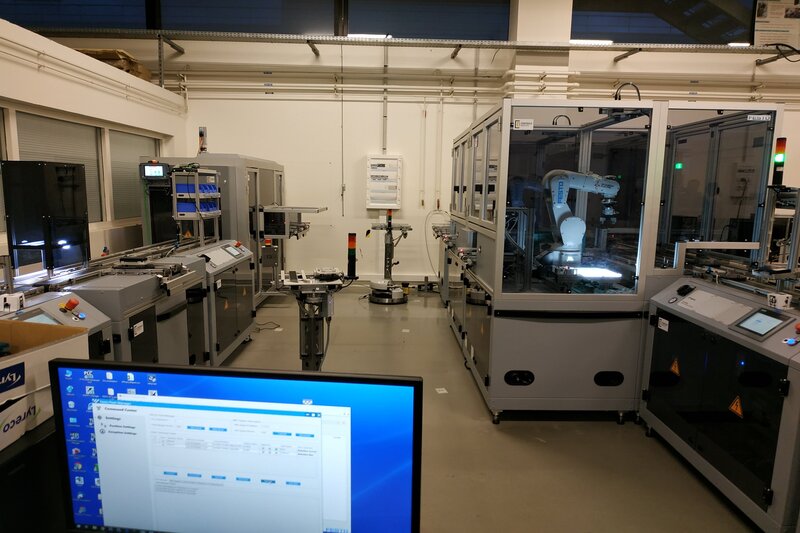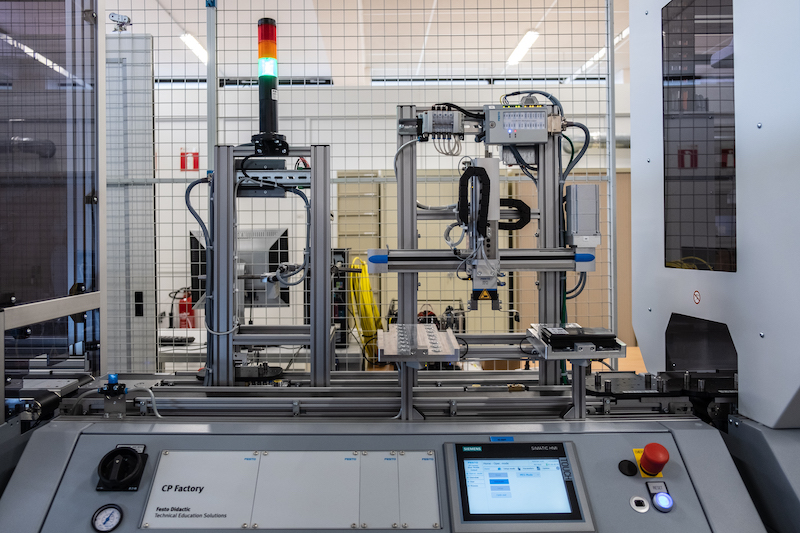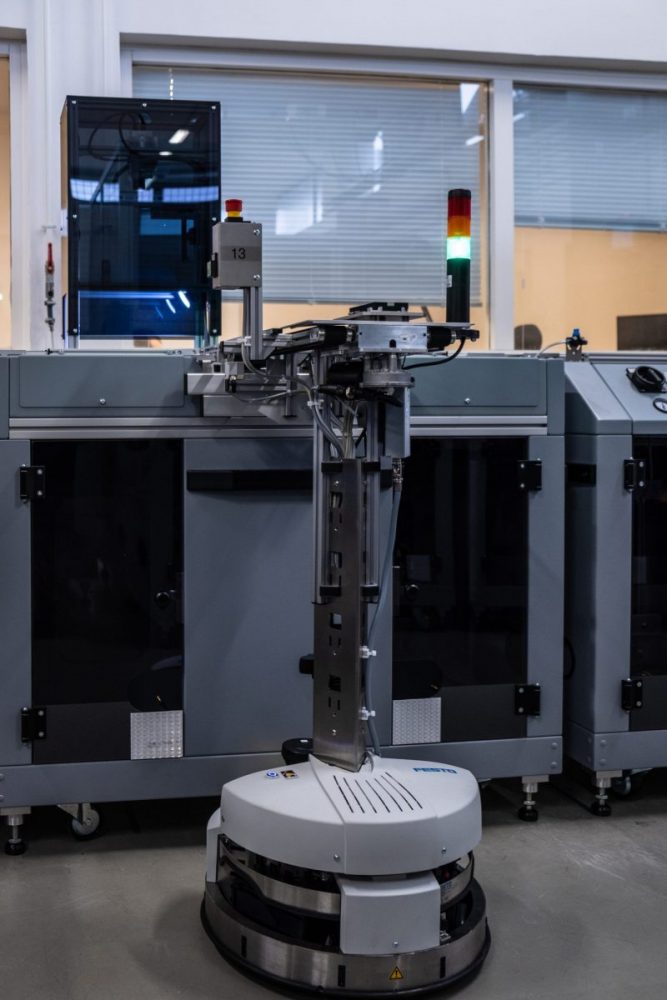The Laboratoire des Sciences du Numérique de Nantes (LS2N) is a new Joint Research Unit (UMR 6004) created in January 2017 which results from the merger of UMR IRCCyN (UMR 6597: Institut de Recherche en Communications et Cybernetique de Nantes) and LINA (UMR 6241: Laboratoire d’Informatique de Nantes Atlantique).
Bringing together 450 people at the heart of digital sciences, this laboratory aims to significantly advance the visibility of research in Cybernetics and Computing in Nantes. The scientific talents of LS2N participate in the digital revolution of our society on the scientific and technical subjects that it implements. Research is carried out in awareness of the societal challenges that this revolution generates, by cultivating curiosity and openness to other disciplines. The complexity of the research objects studied makes it necessary to adopt a global so-called “systemic” approach in which computer concerns, (automatic) control / command and signal and image processing come together to answer the questions posed by systems that are open, interactive, communicative, ubiquitous … The laboratory is a player in innovation valuing these objects with partners in its environment.
The members of LS2N belong to 5 different affiliations. It is located in Nantes on 5 campuses. Its research activity is structured into 5 centers of competence and 5 transversal themes
The 5 areas of disciplinary skills are :
- Signals, Images, Ergonomics and Languages,
- Data and decision sciences,
- Software and distributed systems sciences,
- Design and management of systems,
- Robotics, processes, calculation
The 5 cross-cutting themes (in line with the scientific and societal challenges that the unit wants to meet, taking advantage of the strengths of the Nantes region) are:
- Factory of the future,
- Energy management and control of environmental impacts,
- Life sciences,
- Vehicles and mobility,
- Digital creation, culture and society


